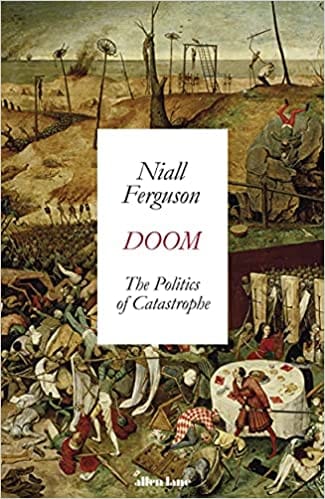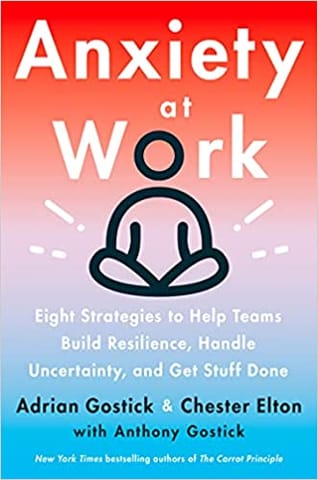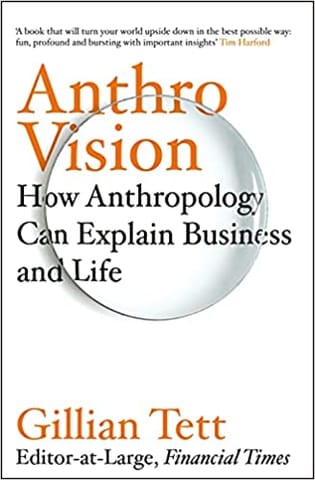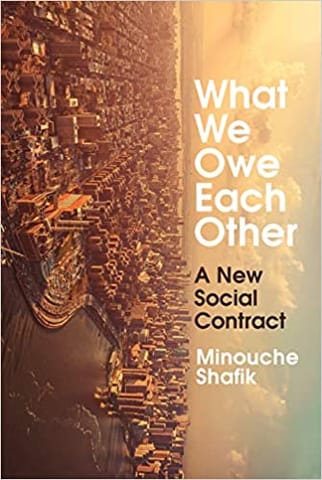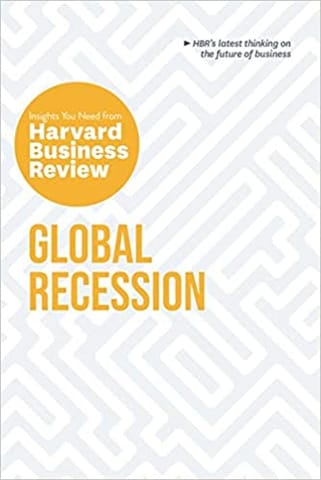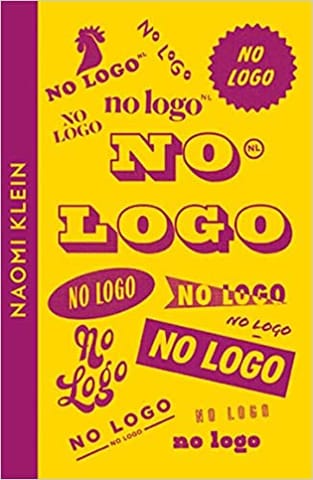WELCOME TO MIDLAND BOOK SHOP!
SHOP FOR
- Non-ficton
- Non-ficton
- Contemporary Fiction
- Contemporary Fiction
- Children
- Children
- Comics & Graphic Novels
- Comics & Graphic Novels
- Non-Fiction
- Non-Fiction
- Fiction
- Fiction
Shop No.20, Aurobindo Palace Market, Hauz Khas, Near Church +91 9818282497 | 011 26867121 110016 New Delhi IN
Midland The Book Shop ™
Shop No.20, Aurobindo Palace Market, Hauz Khas, Near Church +91 9818282497 | 011 26867121 New Delhi, IN
+919871604786 https://www.midlandbookshop.com/s/607fe93d7eafcac1f2c73ea4/677cda367903fd013d69b606/without-tag-line-480x480.png" [email protected]9780241501764 60d866fc4a663b4c49366383 Doom: The Politics of Catastrophe https://www.midlandbookshop.com/s/607fe93d7eafcac1f2c73ea4/60d9ab4212250e62ace86bb8/51vo3l7ix1s-_sx323_bo1-204-203-200_.jpg Disasters are by their very nature hard to predict. Pandemics, like earthquakes, wildfires, financial crises and wars, are not normally distributed; there is no cycle of history to help us anticipate the next catastrophe. But when disaster strikes, we ought to be better prepared than the Romans were when Vesuvius erupted or medieval Italians when the Black Death struck. We have science on our side, after all. Yet the responses of a number of devloped countries to a new pathogen from China were badly bungled. Why? The facile answer is to blame poor leadership. While populist rulers have certainly performed poorly in the face of the pandemic, more profund problems have been exposed by COVID-19. Only when we understand the central challenge posed by disaster in history can we see that this was also a failure of an administrative state and of economic elites that had grown myopic over much longer than just a few years. Why were so many Cassandras for so long ignored? Why did only some countries learn the right lessons from SARS and MERS? Why do appeals to 'the science' often turn out to be mere magical thinking? Drawing from multiple disciplines, including history, economics and network science, Doom: The Politics of Catastrophe is a global post mortem for a plague year. Drawing on preoccupations that have shaped his books for some twenty years, Niall Ferguson describes the pathologies that have done us so much damage: from imperial hubris to bureaucratic sclerosis and online schism. COVID-19 was a test failed by countries who must learn some serious lessons from history if they are to avoid the doom of irreversible decline. 9780241501764
out of stock INR 799
1 1
Email ID already exists!
Your Current password is incorrect
Password Updated Successfully
Thanks for your Feedback
- Home
- Fiction
- Business And Economics
- Doom: The Politics of Catastrophe
Doom: The Politics of Catastrophe
ISBN: 9780241501764
₹799
₹999 (20% OFF)SIZE GUIDE
Back In Stock Shortly - Fill The Book Request Form
Sold By: Hauz Khas - Aurobindo Market
Details
- ISBN: 9780241501764
- Author: Niall Ferguson
- Publisher: Allen Lane
- Pages: 496
- Format: Paperback
Book Description
Disasters are by their very nature hard to predict. Pandemics, like earthquakes, wildfires, financial crises and wars, are not normally distributed; there is no cycle of history to help us anticipate the next catastrophe. But when disaster strikes, we ought to be better prepared than the Romans were when Vesuvius erupted or medieval Italians when the Black Death struck. We have science on our side, after all. Yet the responses of a number of devloped countries to a new pathogen from China were badly bungled. Why? The facile answer is to blame poor leadership. While populist rulers have certainly performed poorly in the face of the pandemic, more profund problems have been exposed by COVID-19. Only when we understand the central challenge posed by disaster in history can we see that this was also a failure of an administrative state and of economic elites that had grown myopic over much longer than just a few years. Why were so many Cassandras for so long ignored? Why did only some countries learn the right lessons from SARS and MERS? Why do appeals to 'the science' often turn out to be mere magical thinking? Drawing from multiple disciplines, including history, economics and network science, Doom: The Politics of Catastrophe is a global post mortem for a plague year. Drawing on preoccupations that have shaped his books for some twenty years, Niall Ferguson describes the pathologies that have done us so much damage: from imperial hubris to bureaucratic sclerosis and online schism. COVID-19 was a test failed by countries who must learn some serious lessons from history if they are to avoid the doom of irreversible decline.
User reviews
NEWSLETTER
Subscribe to get Email Updates!
Thanks for subscribing.
Your response has been recorded.

India's Iconic & Independent Book Store offering a vast selection of books across a variety of genres Since 1978.
"We Believe In The Power of Books" Our mission is to make books accessible to everyone, and to cultivate a culture of reading and learning. We strive to provide a wide range of books, from classic literature, sci-fi and fantasy, to graphic novels, biographies and self-help books, so that everyone can find something to read.
Whether you’re looking for your next great read, a gift for someone special, or just browsing, Midland is here to make your book-buying experience easy and enjoyable.
We are shipping pan India and across the world.
For Bulk Order / Corporate Gifting
 +91 9818282497 |
+91 9818282497 |  [email protected]
[email protected]
Click To Know More
INFORMATION
QUICK LINKS
ADDRESS
Midland Book Shop - Hauz Khas
Shop No.20, Aurobindo Palace Market, Near Church, New Delhi
Shop No.20, Aurobindo Palace Market, Near Church, New Delhi

